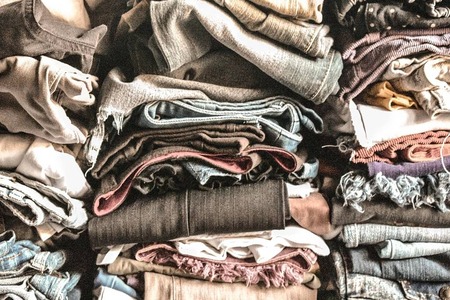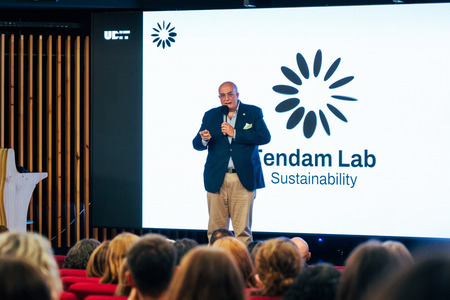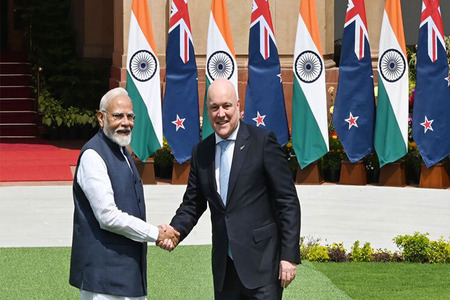
Greenpeace uses geolocation to track donated clothing
YarnsandFibers News Bureau 2023-11-24 16:25:29 – NetherlandsGreenpeace, the environmental organization, has discovered that a substantial portion of donated clothing doesn't find a second life. In an effort to illustrate this, they placed geolocation devices in 29 pieces of clothing found in municipal containers, Zara, and Mango retailers. Most of these items have traveled extensive distances, with the majority of their whereabouts now unknown.
After monitoring the donated clothing for four months, Greenpeace confirmed the reuse of only one item, purchased from a second-hand retailer in Romania. This action coincides with Black Friday, a period of mass purchasing driven by deep discounts, highlighting the issue of overproduction in the clothing and footwear industry.
Many of the monitored items are still on their journey, having traveled to destinations such as Chile, Pakistan, India, or Togo. Some remain in warehouses on Spanish industrial estates, while others are untraceable. The geolocation sensors were embedded in reusable clothing and footwear in July and August, placed in containers across 11 Spanish provinces, including Zara and Mango stores.
Greenpeace's investigations revealed that both Zara and Mango are managed by the same entities. Clothing from both brands was found in the United Arab Emirates, a country with international textile reception centers in free zones, allowing for re-exportation. Additionally, traced clothing reached African countries such as Egypt, Togo, and Morocco.
According to Greenpeace, 46% of worn textiles exported from the EU end up in African countries, with 60% resold and 40% dumped, often directly into the environment, as per the European Environment Agency.
Market Intelligence
Ask for free sample Report

experience
Customer Base
dedicated team
Countries Served Worldwide









